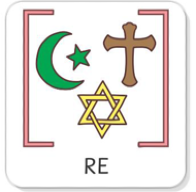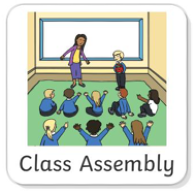Tuesday
Year 4 words:
Yesterday, you were given some key Year 4 words to find and copy the meaning. Using the cheat sheet, check you have the correct meaning for each word and learn these. You can self mark in your spelling journal.
 Challenge: Write the words in a sentence.
Challenge: Write the words in a sentence.
For example:
I will probably get all my spellings correct on the test as I've been learning them all weekend.
RIC
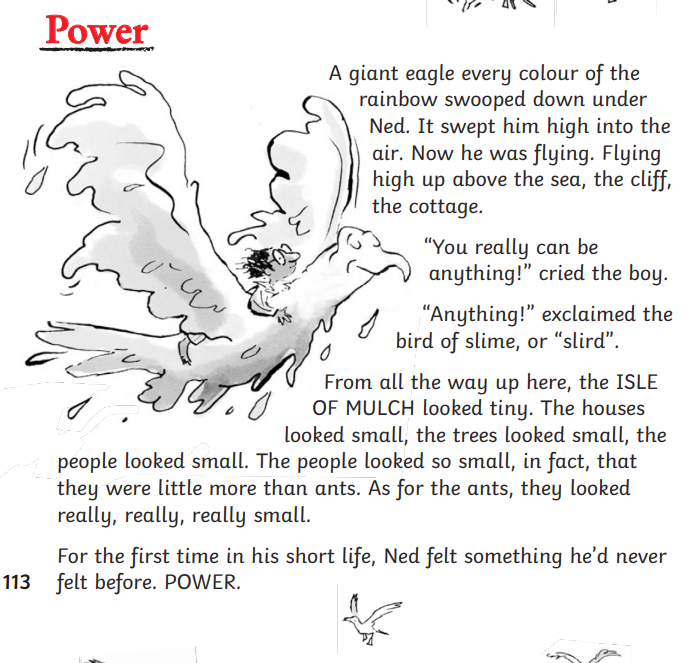
R:What did Ned see below him? Choose two.
rainbow
trees
bird
people
I: How do you think Ned felt at the end of this text?
C:Why do you think the author has used capital letters for the word ‘POWER’?
Tuesday 4th March 2025
LC: To infer a character's feelings and thoughts from their actions and justify inferences using evidence from the text.
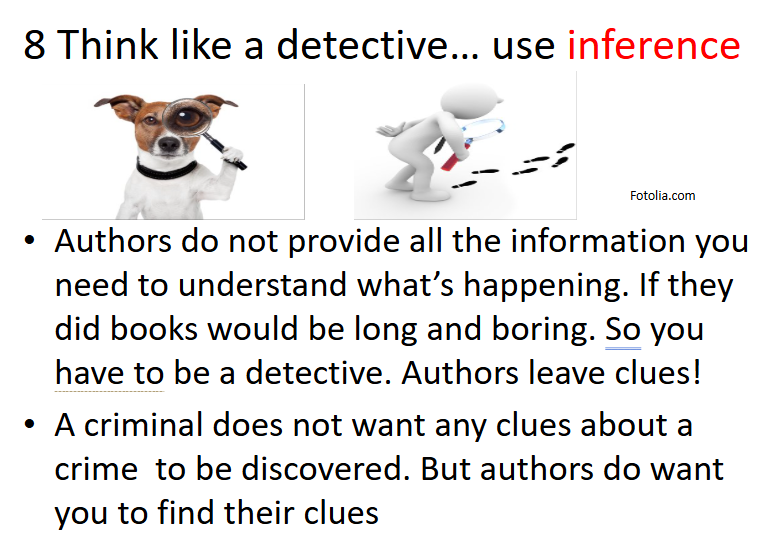

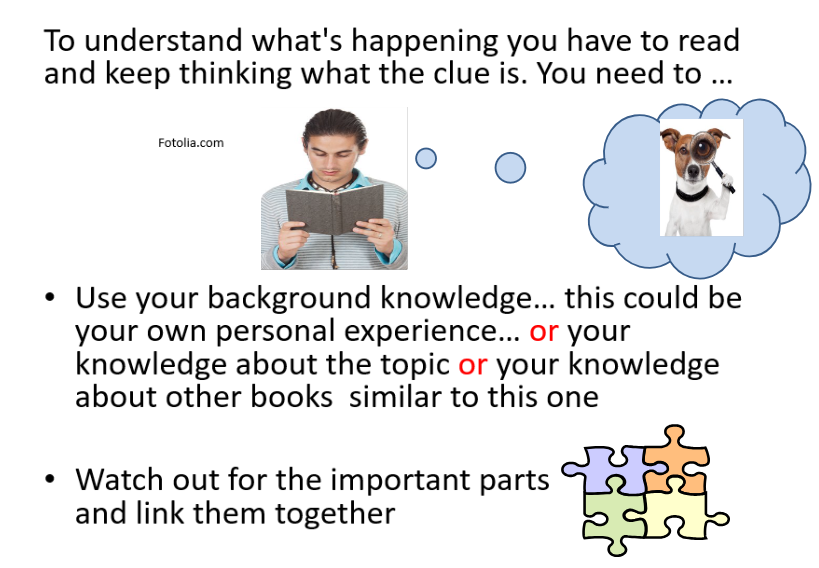
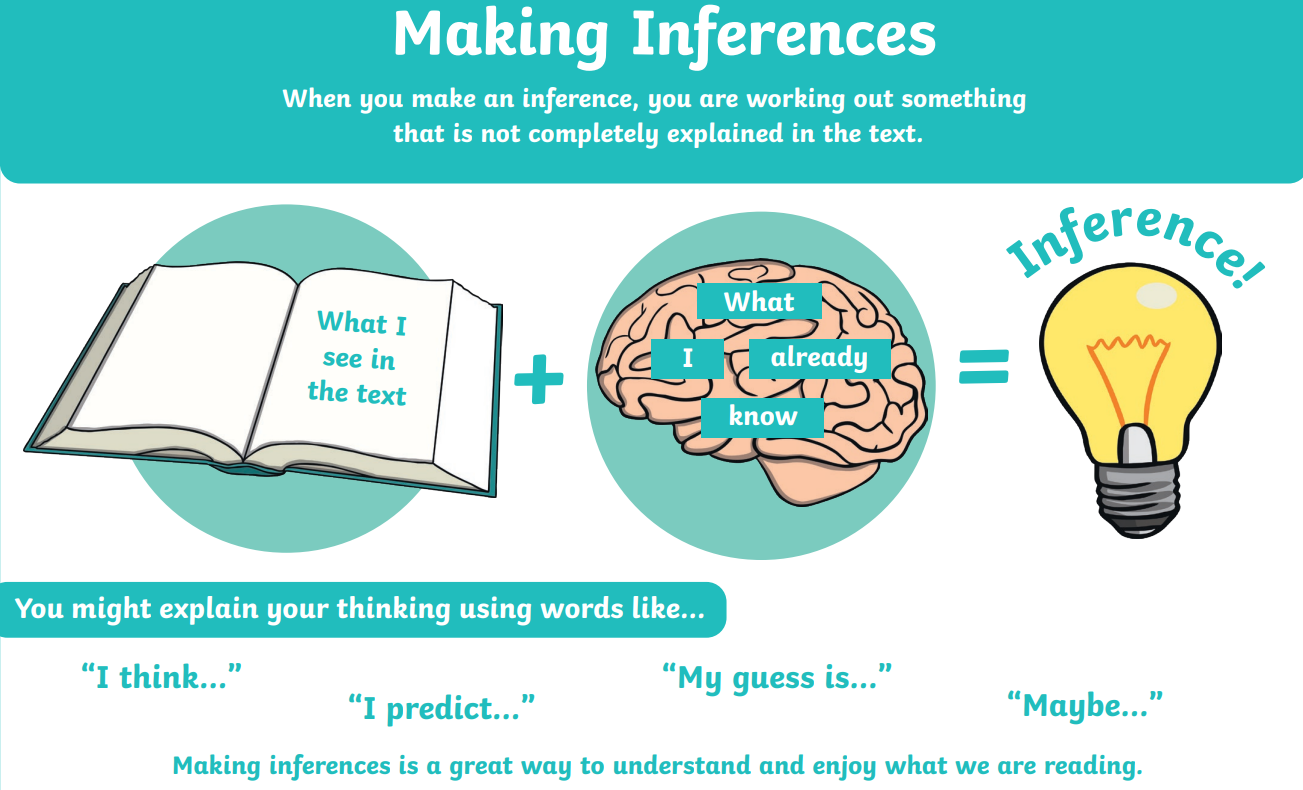
Teacher model:
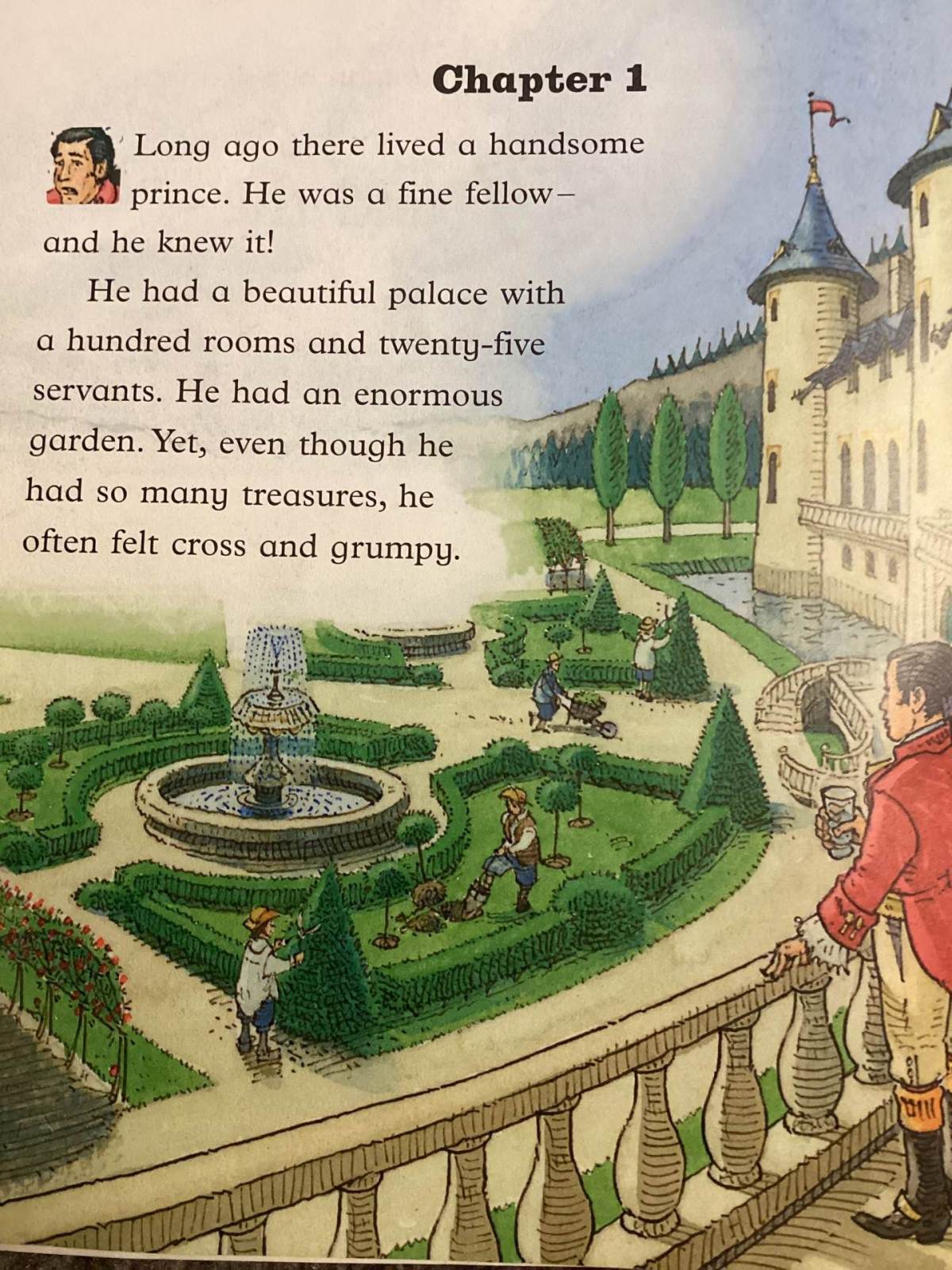

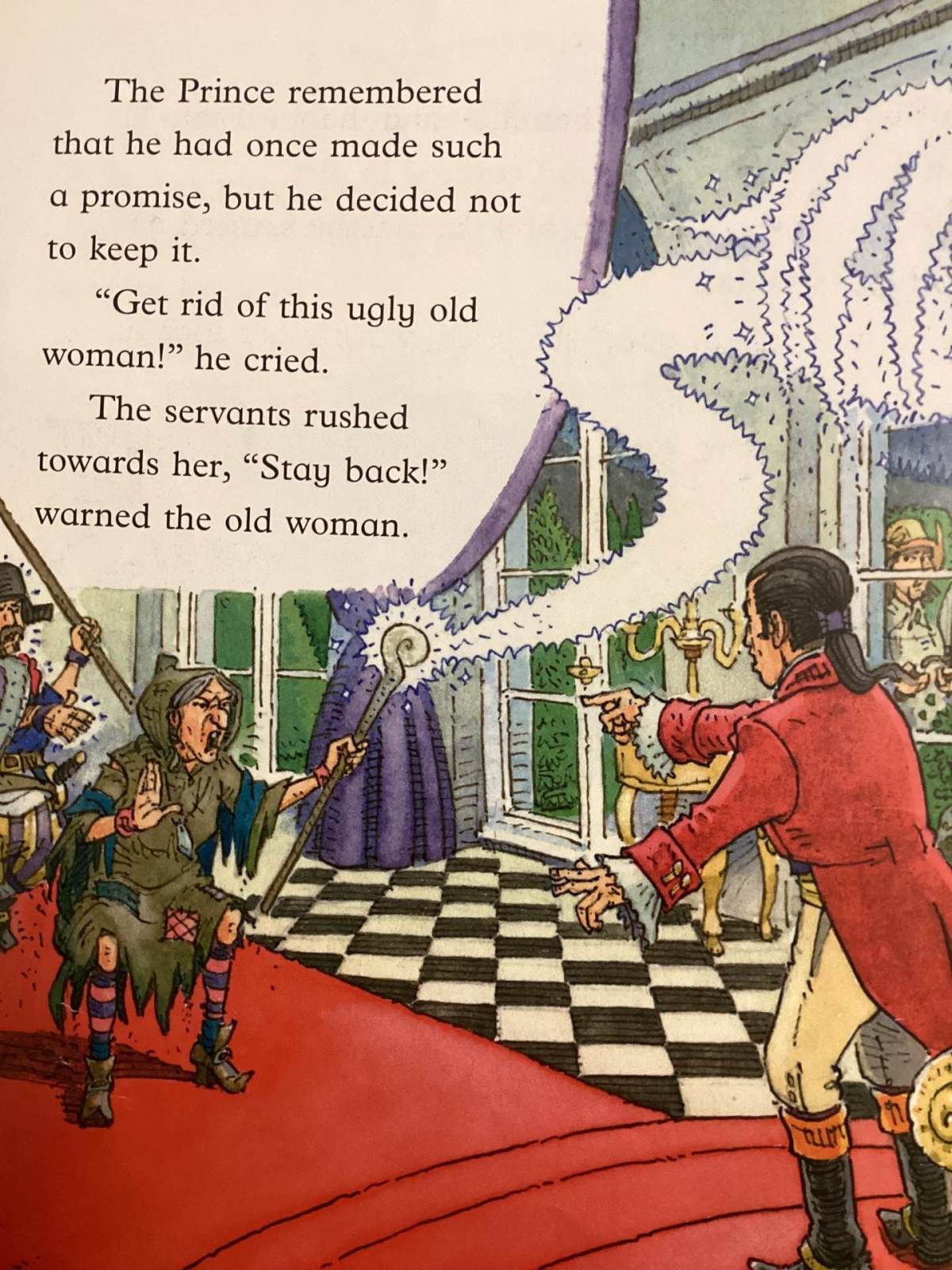
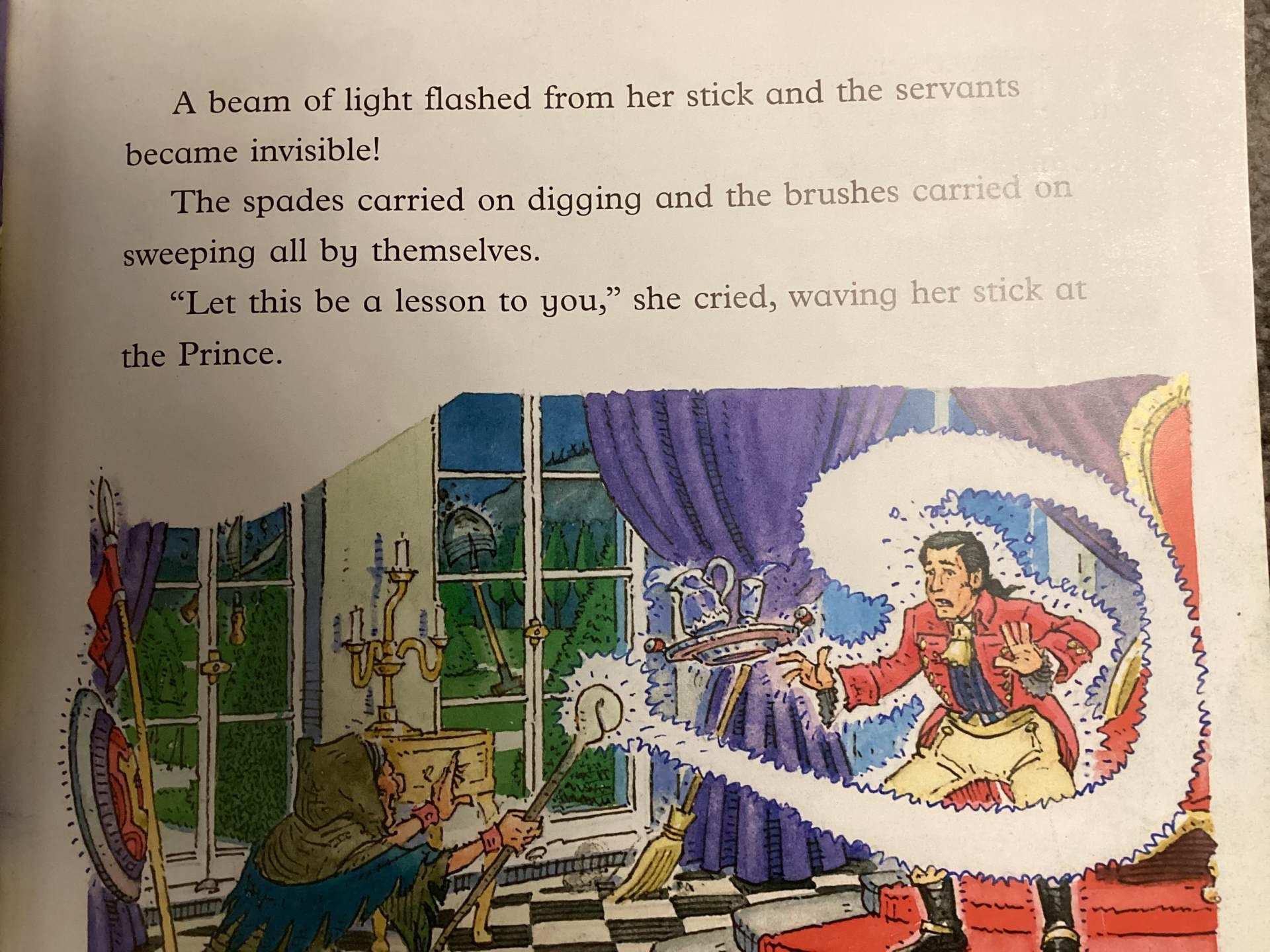


How does the Prince feel when the old woman turns him into a beast?
How might he be feeling?
What does he do to show his feelings?
Give evidence to support your points.
Your turn:
Read the text below and use your inference skills to help you answer the questions below. Remember to give evidence from the text to support your points.
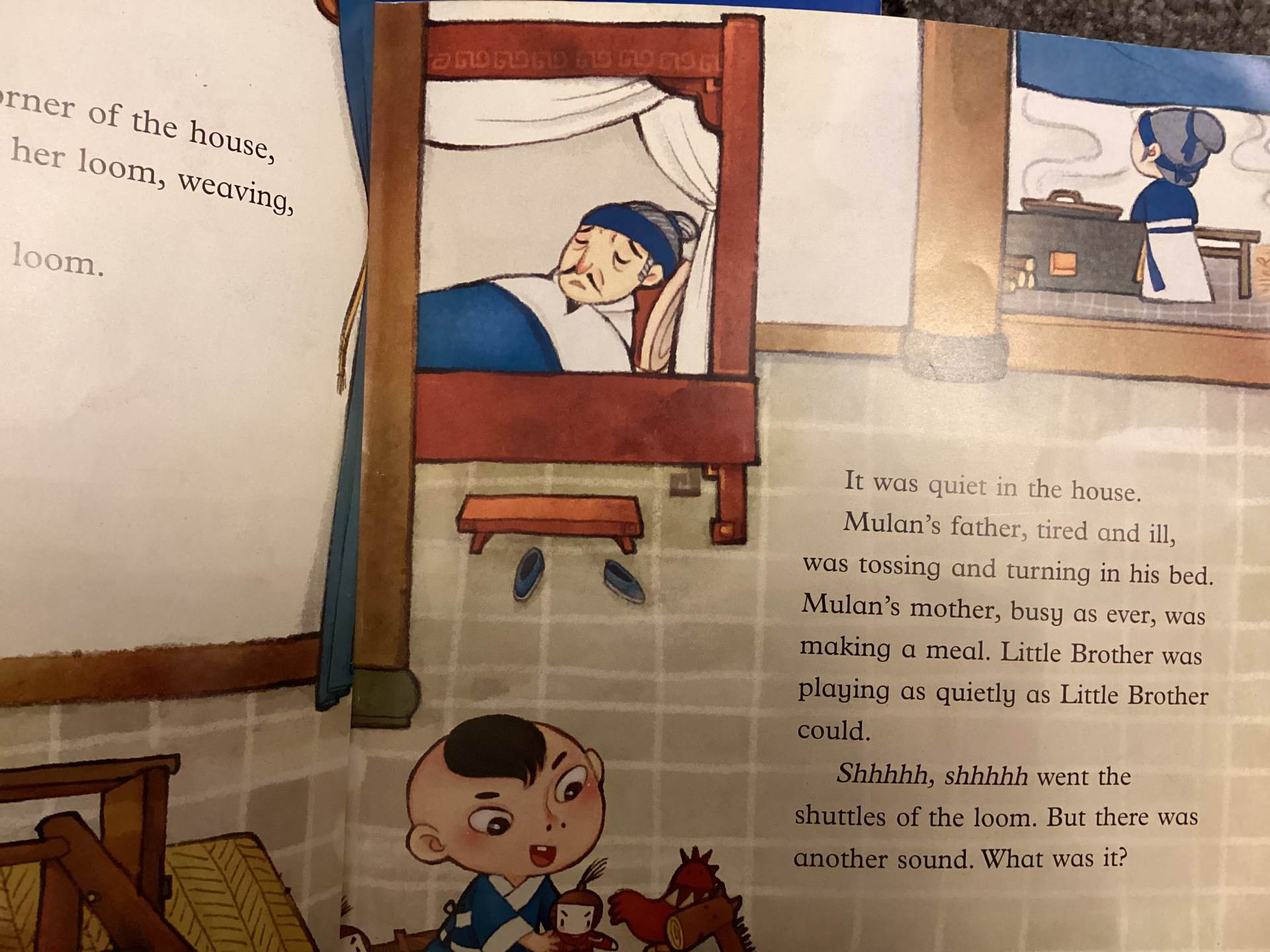

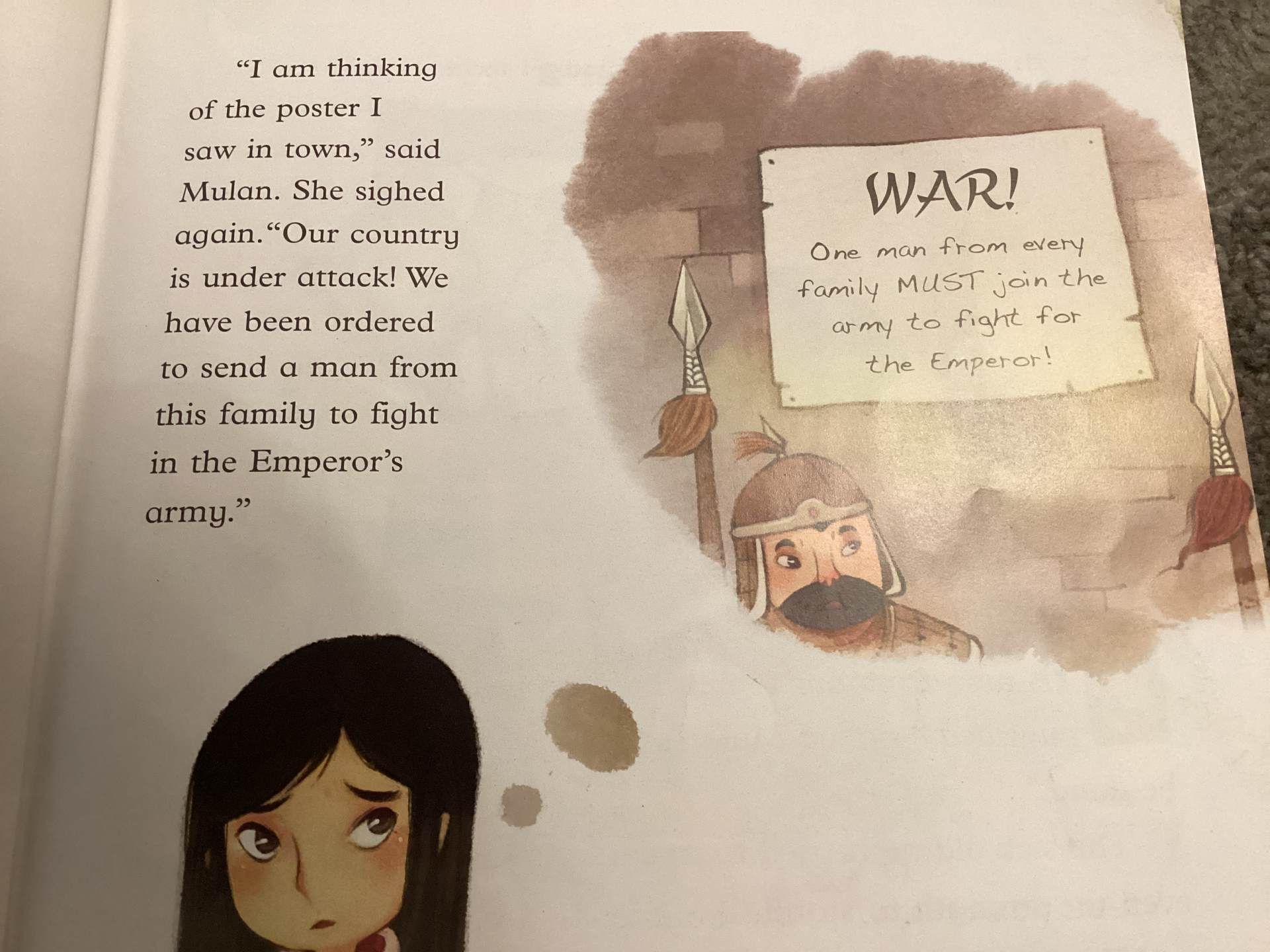
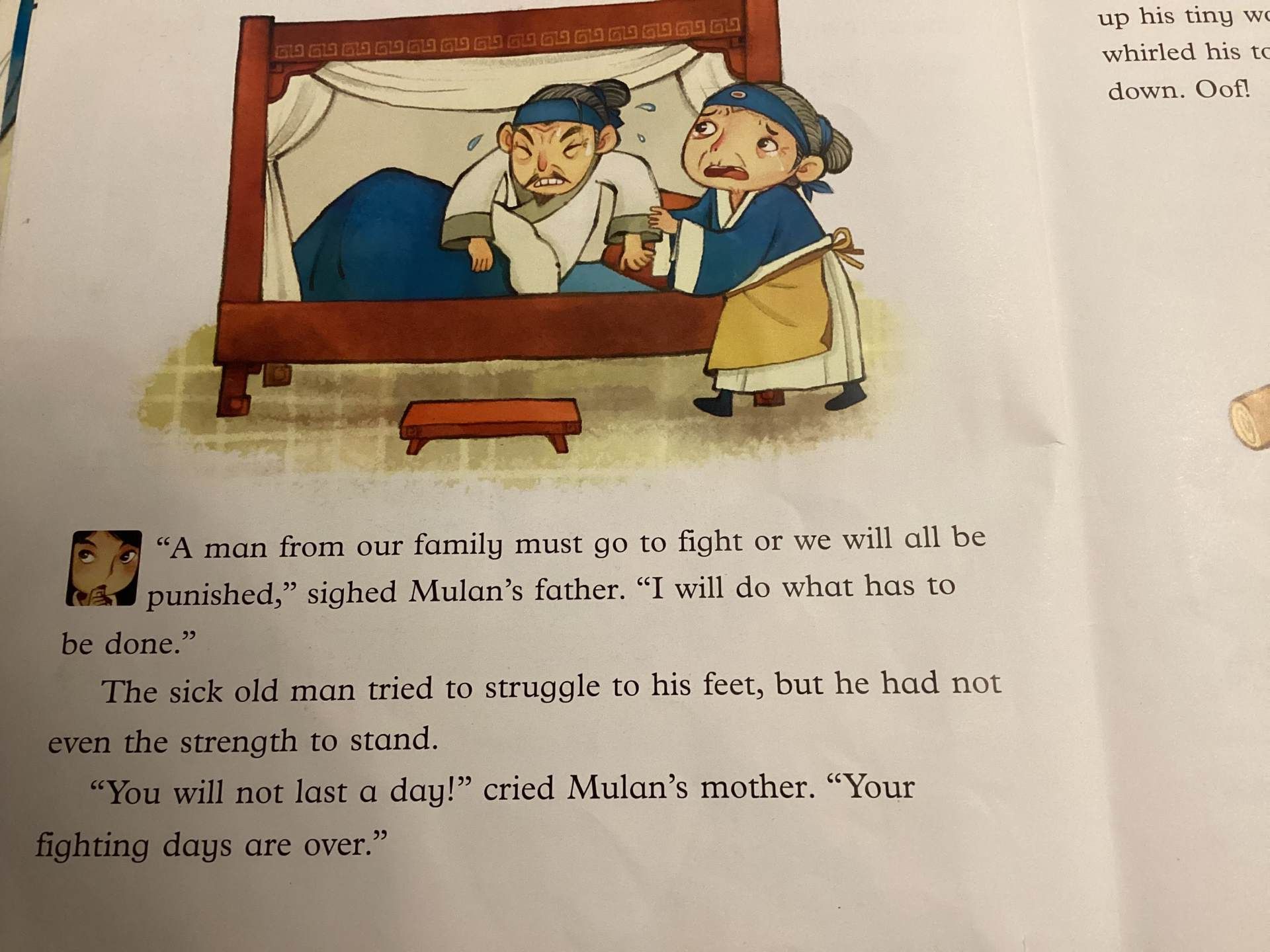
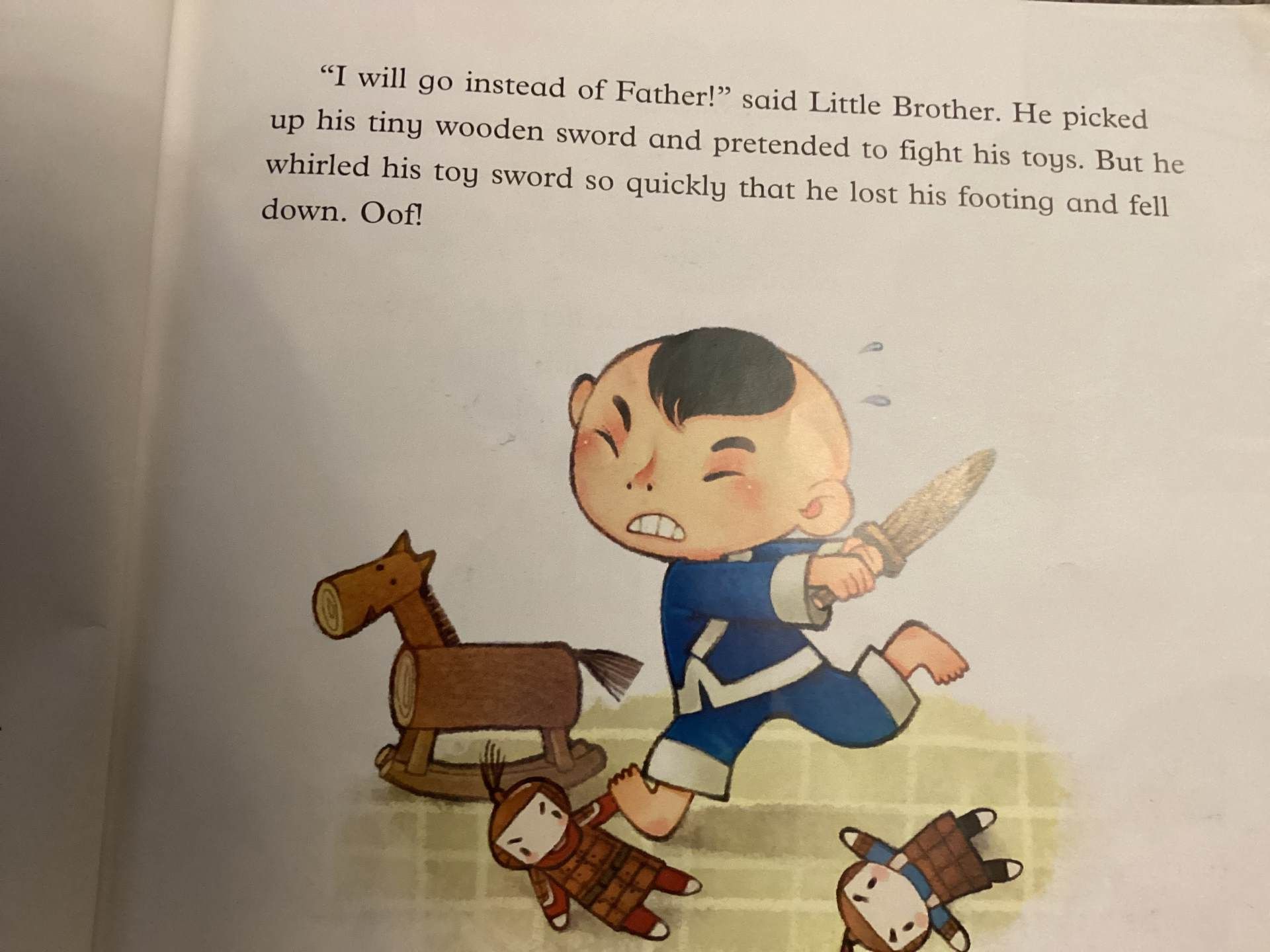
How does Mulan feel upon returning home after reading the Emperor's notice?
What might she be thinking?
How do you know this from her actions?
Adapted
Read the text below and answer the question using your inference skills. Remember to give evidence from the text to support your answer.
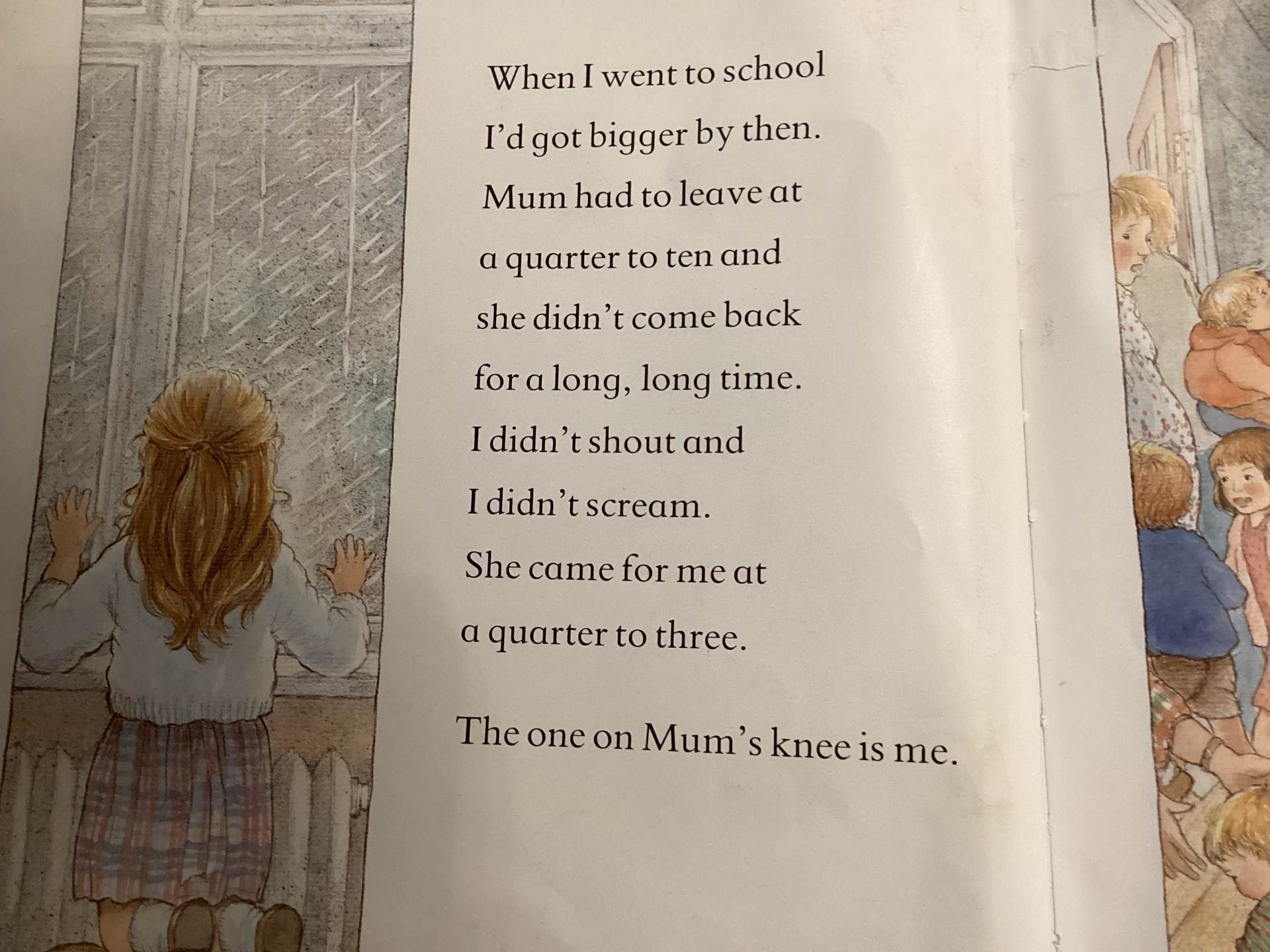
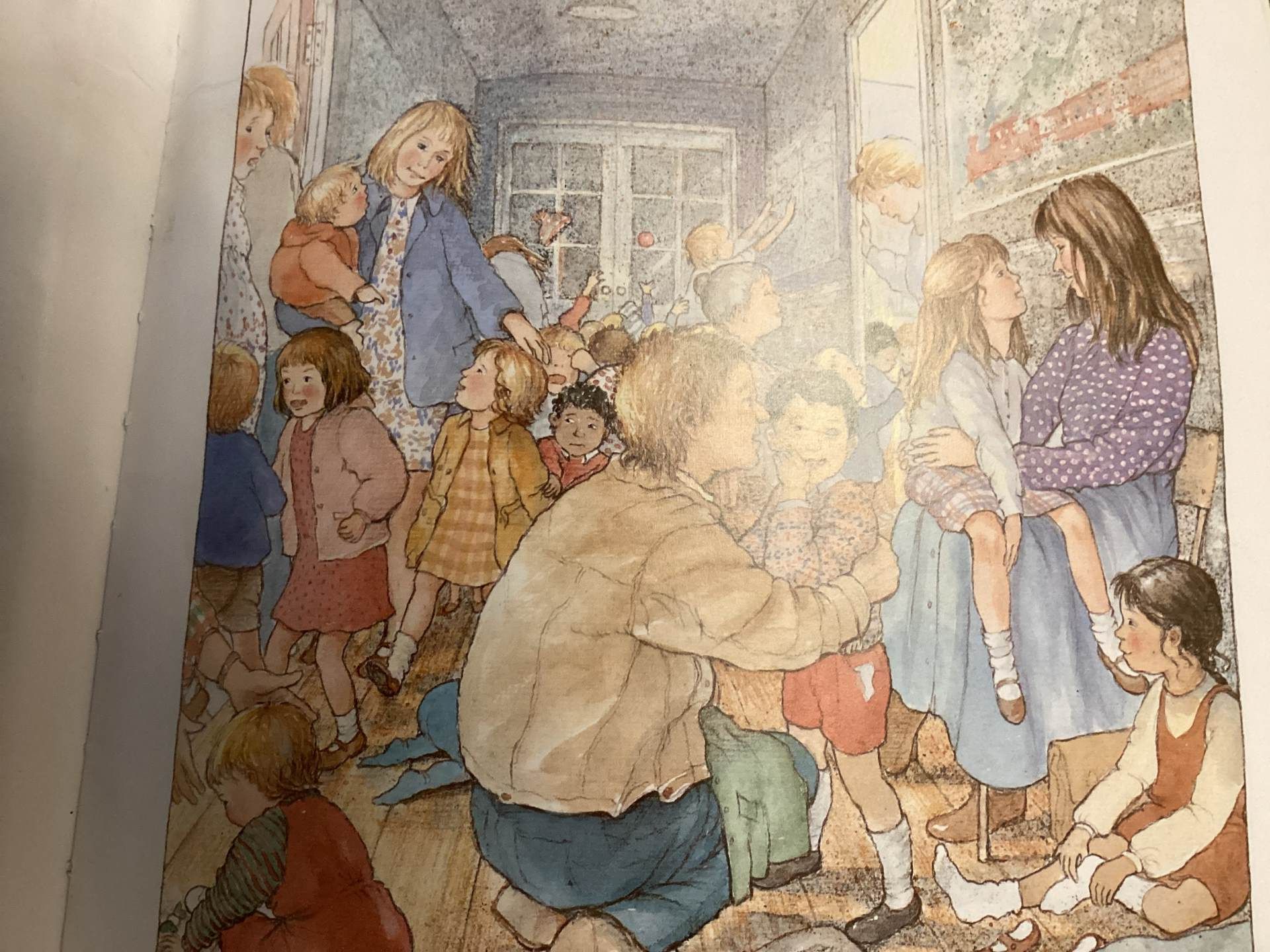
How does the girl feel when she is at school?
What might she be thinking?
How do you know this from her actions?
Tuesday 4th March 2025
LC: To use a narrative toolkit to write a scene (independent)
Watch up to 6 minutes of the clip below.
Take notes of what is happening.
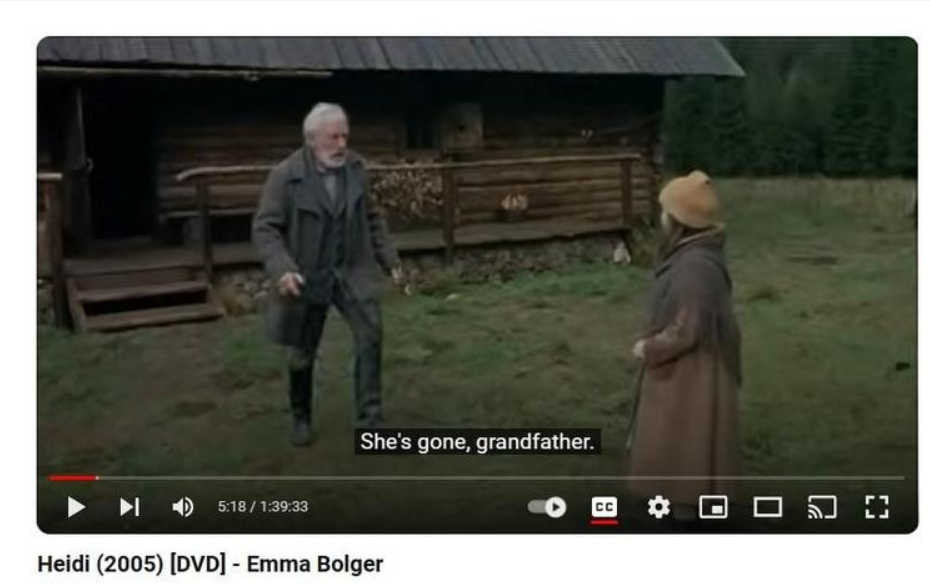
Task: Using your notes of the clip up to minutes and the narrative toolkit write the scene.
Remember to use the toolkit we create.
Toolkit for a narrative: character and setting.
- Third person, present tense
- Character alone with thoughts during the journey – apprehensive/excited
- Character is given a warning by a stranger of the dangers of where they are going
- Fronted adverbials for where – At her side, Up close,
- Objects are described as cold and bitter giving a sense of isolation and loneliness e.g. hard, wooden bench, unrelenting wind
- Character and parent view the land/their new home.
- Description using powerful adjectives, e.g. rolling gunmetal waves, forbidden part of the universe
- Sense of awe with the characters, e.g. A hushed voice full of awe and wonder.
- Parent keen for the response of the child – ‘What do you think?’ Only a little speech used.
- Adverbs, e.g. she said breathlessly … really caught her eye
- Further description of what can be seen – use of powerful verbs – hummed, shrouded
- Similes – like a ladder reaching right up to space
- adverb sentence starter
04.03.25
LC: To be able to recognise and write decimal equivalents of any number of tenths.
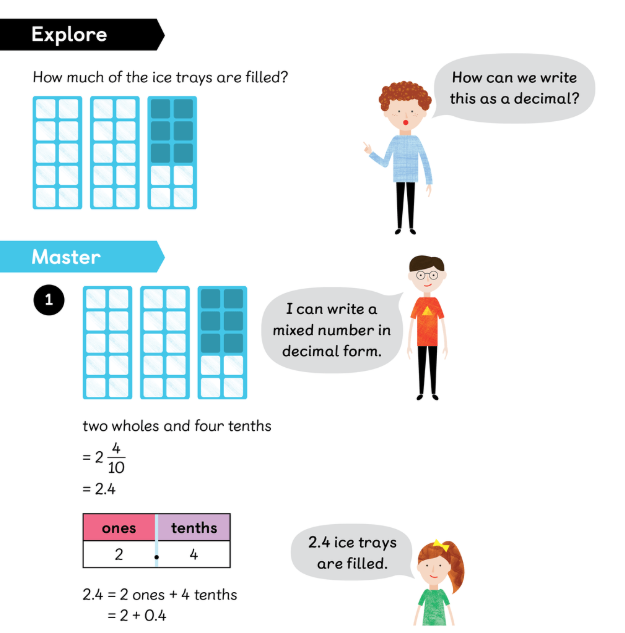
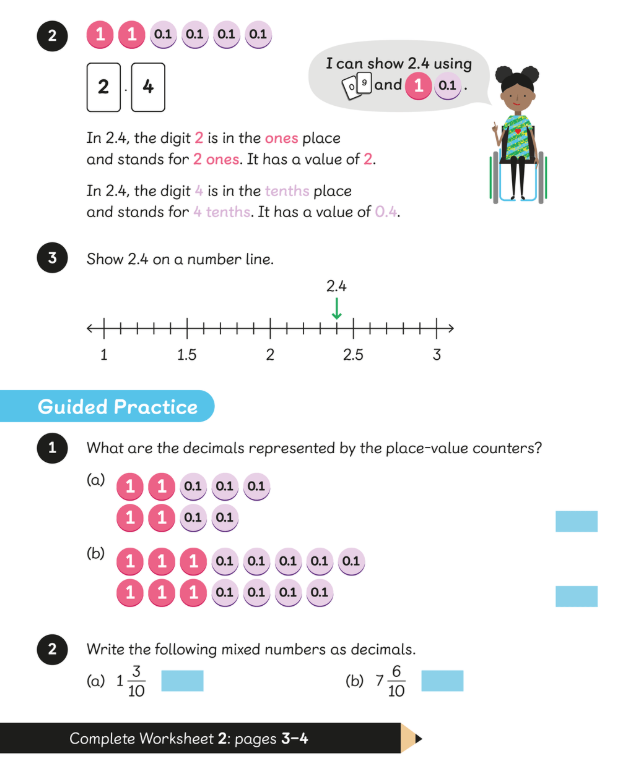
Tuesday 4th February 2025
LC: To explain how temptation is shown in the story of Jesus in the Wilderness.
Think, pair, share:
What does the word temptation mean?
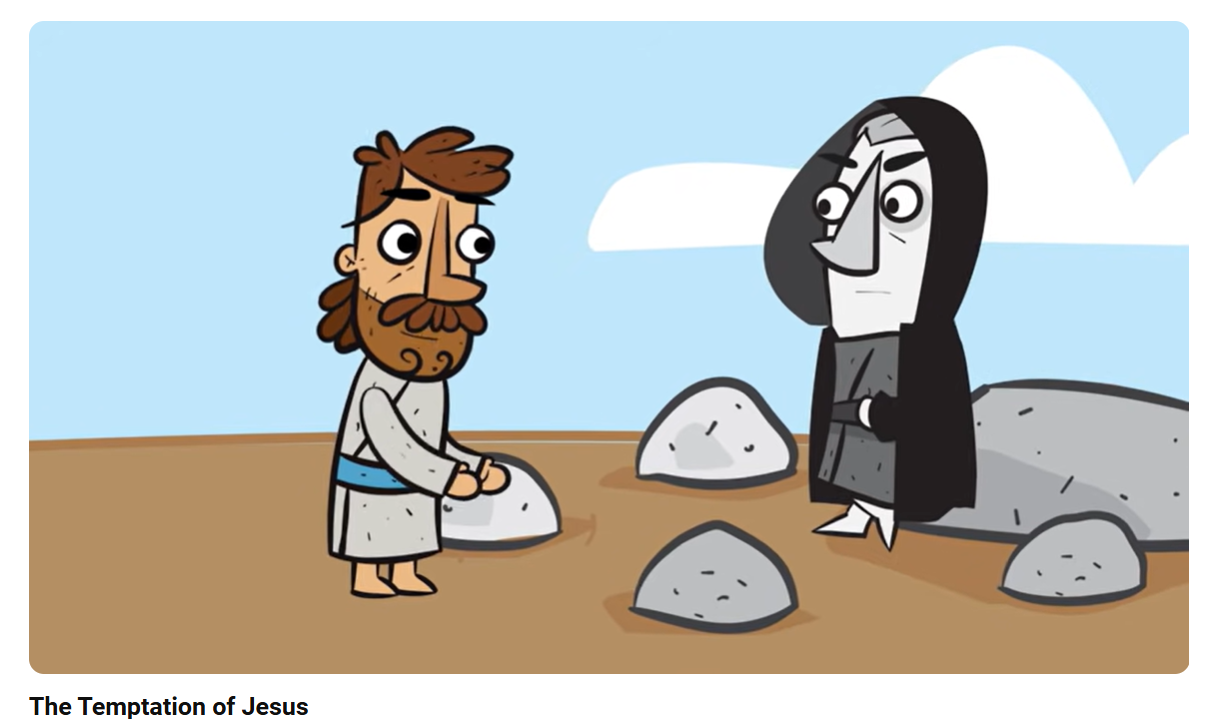
What do you think is happening?
How was Jesus tempted in the story?
What does the story of Jesus in the wilderness teach Christians about Jesus?
Why do you think that sacrifice is an important Christian value?
Your turn:
Re-tell the story of Jesus in the wilderness/desert. Remember to include how Jesus resists temptation from the devil.
Giving up for: Lent and Ramadan
To explore why some people 'give things up' for Lent and Ramadan.
What are Muslims celebrating all over the world right now?
What holiday is coming up at the end of this term?
Easter is one of the most important celebrations in the Christian year and one that Christians prepare for.
How do Christians prepare for Easter?
What special food do we eat at Easter? Easter eggs?
How do Muslims prepare for Ramadan?
Muslims believe that Ramadan is an opportunity to focus on things that are important for our lives and train themselves to be good Muslims for the rest of the year. That is is why Muslims give up food and water which helps them practice patience through out Ramadan and the rest of the year. This is a time for them to focus on faith and family.
Christians believe that all the (often good) things that fill our lives and our time can actually make it difficult for us to work out what really matters in life. That is why people often 'give things up' – do without something – for Lent, the 40 days before Easter. They often give things up to make their lives less cluttered, so they can spend more time and energy on what really matters, their family and their faith.
Time for reflection
Reflection
Close your eyes, and take a moment to reflect…
Think of all the things that you will do today…
Schoolwork? Homework? Playing? Watching TV?
Think about what is really important to you…
And try and think of how you could find some time to do something for other people.
Prayer
Loving God,
We thank you for Ramadan and Easter celebrations.
Help us to use Ramadan and Lent to think about the things that are important to us.
Help us not to be so busy that we forget what really matters.








